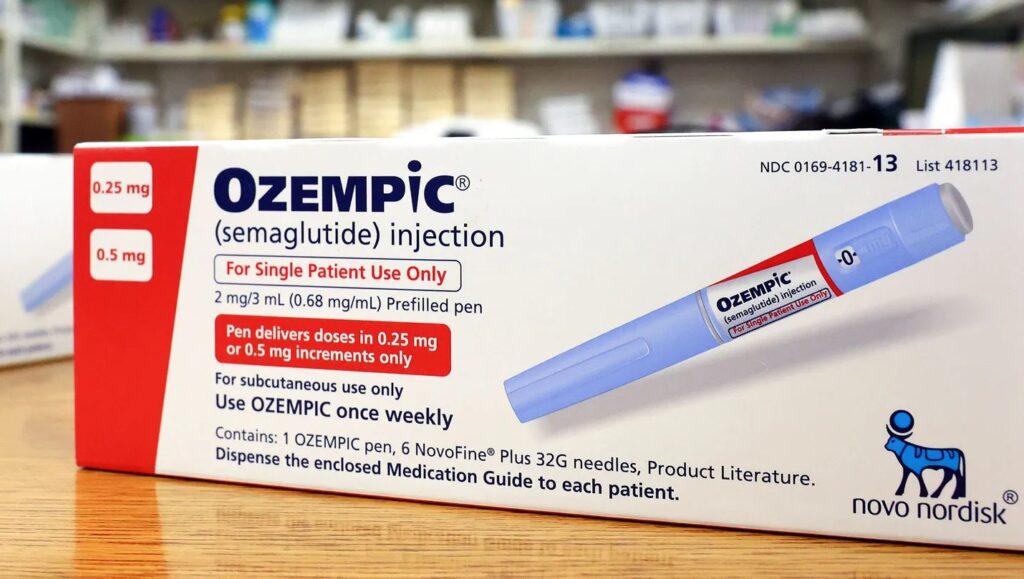06/07/2024
06/07/2024

NEW YORK, July 6: A recent study published in the journal JAMA Network Open suggests that medications like Ozempic and Wegovy, known as GLP-1 drugs, could potentially reduce the risk of several types of cancer among individuals with type 2 diabetes. This finding is significant given that people who are overweight or obese face heightened risks for 13 types of cancer, with about 40% of new cancer diagnoses in the United States linked to excess weight, according to data from the Centers for Disease Control and Prevention (CDC).
The study, conducted by researchers from Case Western Reserve University School of Medicine and the MetroHealth System, analyzed medical records spanning over a decade for nearly 1.7 million individuals with type 2 diabetes. It found that those treated with GLP-1 drugs were notably less likely to be diagnosed with 10 out of the 13 cancers associated with obesity compared to individuals using insulin therapy.
Specifically, the risk of cancers such as gallbladder cancer, meningioma, pancreatic cancer, and hepatocellular carcinoma (a type of liver cancer) was reduced by more than half among GLP-1 drug users. Significant reductions were also observed for ovarian cancer, colorectal cancer, multiple myeloma, esophageal cancer, endometrial cancer, and kidney cancer.
The study underscores that excess weight can trigger biological changes in the body, including chronic inflammation and elevated levels of insulin and sex hormones, which are known contributors to cancer development. GLP-1 medications interact with systems related to insulin production, potentially mitigating these cancer-promoting factors.
However, the research did not find a reduced risk of postmenopausal breast cancer with GLP-1 treatment, which remains the most common type of cancer associated with obesity according to CDC data. Similarly, no risk reduction was observed for stomach cancer or thyroid cancer, with some studies suggesting potential adverse interactions between GLP-1 drugs and thyroid function.
Notably, the study found that the overall risk of cancer diagnosis did not differ significantly between individuals treated with GLP-1 drugs and those treated with metformin, a common diabetes medication. In fact, there was a higher risk of kidney cancer diagnosis among GLP-1 drug users compared to metformin users.
While further research is needed to fully understand how weight loss impacts cancer risk in relation to GLP-1 treatment, the study's authors emphasize the potential of GLP-1 drugs in cancer prevention for high-risk populations. They advocate for additional preclinical and clinical investigations to validate these findings and explore potential benefits further.
The study highlights promising avenues for using GLP-1 drugs not only in managing diabetes but also potentially in reducing the incidence of certain cancers associated with obesity and diabetes.


